Institute automates certification, tightens regulation for standard projects
By Lucy Ogalue
The Chartered Institute of Project Managers of Nigeria (CIPMN), has inaugurated a digital registration and certification verification platform.
According to the Registrar-General of CIPMN, Mr Henry Mbadiwe, it is aimed at strengthening professional standards and regulatory enforcement in Nigeria’s project management space.
Mbadiwe said this at the closing of the Institute’s 2025 Mid-Year Training Programme and Induction in Abuja on Thursday.
He said the institute had phased out manual registration and now operated a secure, digital-only process for onboarding new members and verifying all issued certificates and licences.
“We no longer accept paper registrations. Every registration with CIPMN must now be processed through our online portal.
“Every certificate and licence issued is digitally secured and instantly verifiable through QR code scanning.
“Once a project manager presents a certificate or licence, it can be verified on the spot using a smartphone. The system searches the CIPMN database and confirms the authenticity of the presented credentials,” he said.
According to him, this technological upgrade aligns with global best practices and enhances trust in the project management profession in Nigeria.
The CIPMN boss also confirmed that the system complies with Nigeria’s data protection laws, following consultations with the Data Protection Commission.
“None of the data displayed during verification breaches any legal framework. It’s a secure and transparent process that will foster public confidence,” Mbadiwe said.
He stressed the importance of project management in driving national development, saying that it was the tool that translates strategies into actionable and measurable outcomes.
“Project management is not just for construction. Every initiative with a start and end date is a project.
“Without trained and licenced project managers, we waste time and resources. Our report has shown that more than 17 trillion dollars is being lost to unstructured project delivery,” he said.
Mbadiwe said the institute had begun enforcing compliance with its regulatory framework, warning that institutions or individuals managing projects without CIPMN licensure would face legal consequences.
“We are taking more decisive steps. This year, we will begin visiting non-compliant organisations.
“After giving warnings, we will seek court orders to shut down sites or stop project execution. The law is clear, you must be licenced to deliver projects in Nigeria,” he said
The Registrar-General likened CIPMN’s role to that of other professional regulators such as the Medical and Dental Council or the Nigerian Bar Association (NBA), noting that project management must now be treated with the same seriousness.
Mbadiwe also revealed that several public and private sector institutions were already complying, including Shell, NLNG, Lagos Business School, and MDAs such as PENCOM, ITF, SON, and the Ministry of Intergovernmental Affairs.
“We are collaborating closely with the Bureau of Public Procurement to ensure that only licenced project managers can bid for and manage government contracts
“No agency, not even our supervisory ministry, can ignore this law,” he said.
He then called for deeper collaboration across sectors to ensure full compliance and reduce project failure rates across Nigeria.
The President and Chairman of CIPMN Council, Mr Emmanuel Afolayan, said the institute was determined to build an “army of professionals” equipped to manage projects across Nigeria with competence, discipline, and efficiency.
“ The goal is to achieve desired results without compromising standards or quality. Project management is a critical tool for achieving economic transformation.
” With proper training and licencing, professionals will be able to deliver value-driven projects that align with national goals.
An inductee, Mr Akins Kinsley, described the training as a turning point in his professional journey.
“I have been supervising projects in the past, but this training has exposed me to better ways of managing them. Now, I understand the importance of delivering projects to international standards from start to finish,” Kinsley said.
Another inductee, Mr Idehai Frederick, said the training had deepened his understanding of project management methodologies, which he intended to apply in journalism and public relations. (NAN)
Edited by Ese E. Eniola Williams



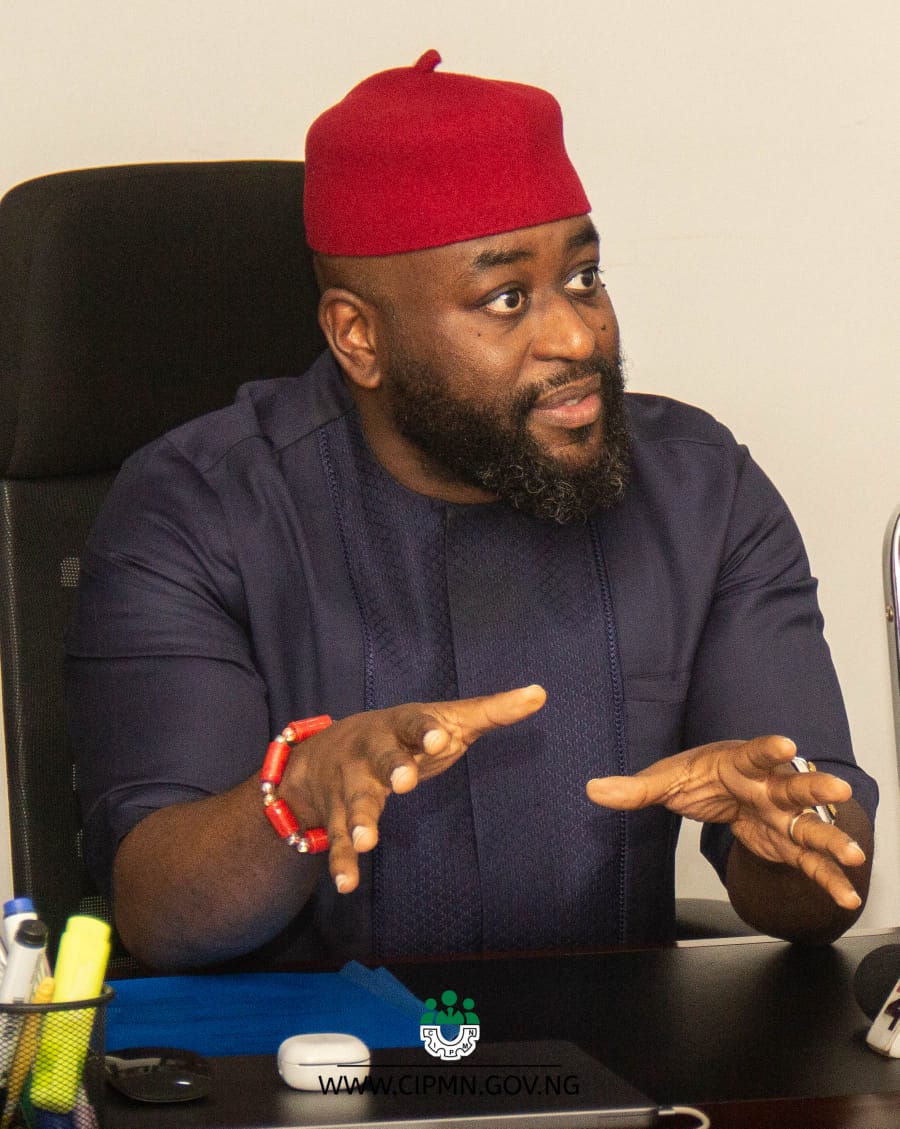
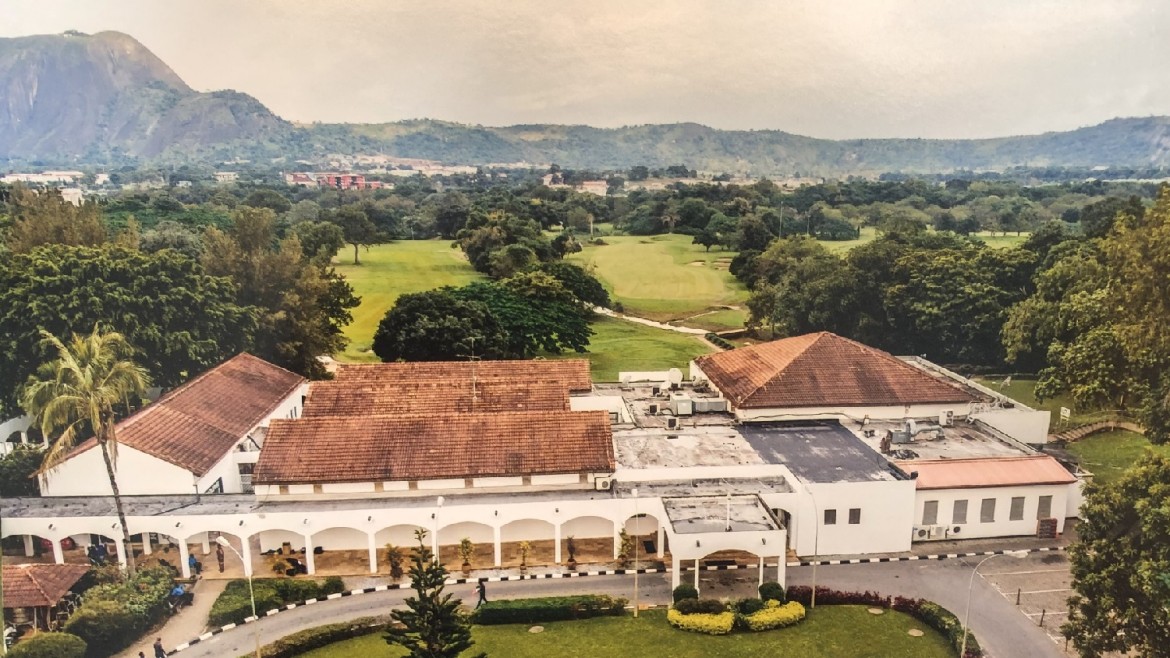
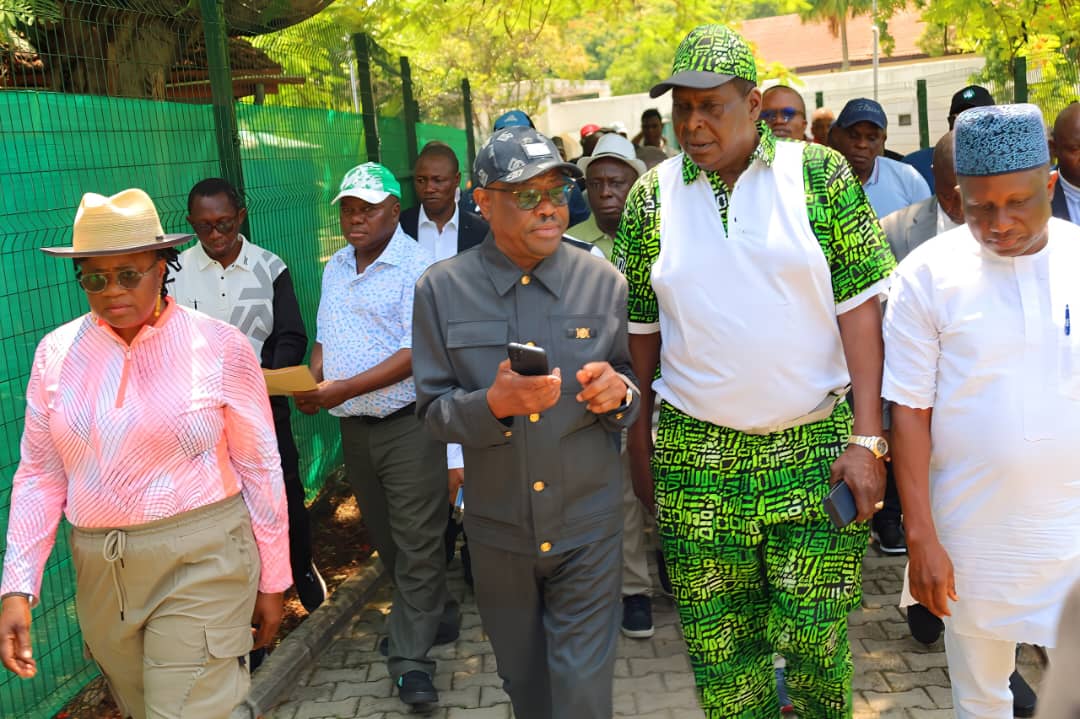


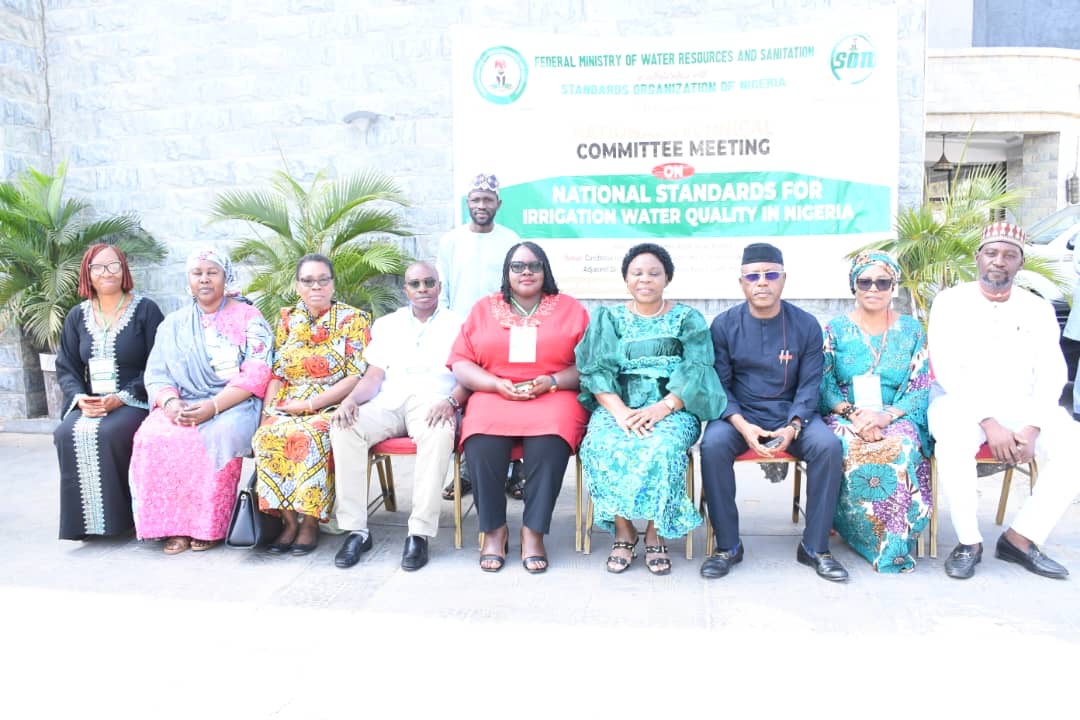
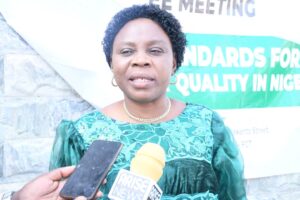 Earlier, Mrs Elizabeth Ugoh, Director of Water Quality Control and Sanitation at the ministry, emphasised that validating irrigation standards would help tackle key development challenges in Nigeria.
Earlier, Mrs Elizabeth Ugoh, Director of Water Quality Control and Sanitation at the ministry, emphasised that validating irrigation standards would help tackle key development challenges in Nigeria.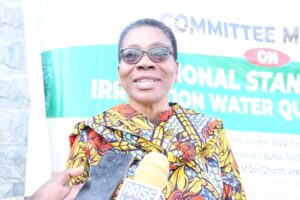 Dr Ifeanyi Okeke, SON Director General, announced the release of two key documents to enhance national standardisation.
Dr Ifeanyi Okeke, SON Director General, announced the release of two key documents to enhance national standardisation.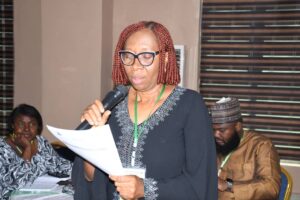 Okeke noted that these efforts supported Nigeria’s commitment to the UN’s SDGs and encouraged participants to contribute their expertise in developing a framework for sustainable irrigation water safety.
Okeke noted that these efforts supported Nigeria’s commitment to the UN’s SDGs and encouraged participants to contribute their expertise in developing a framework for sustainable irrigation water safety.